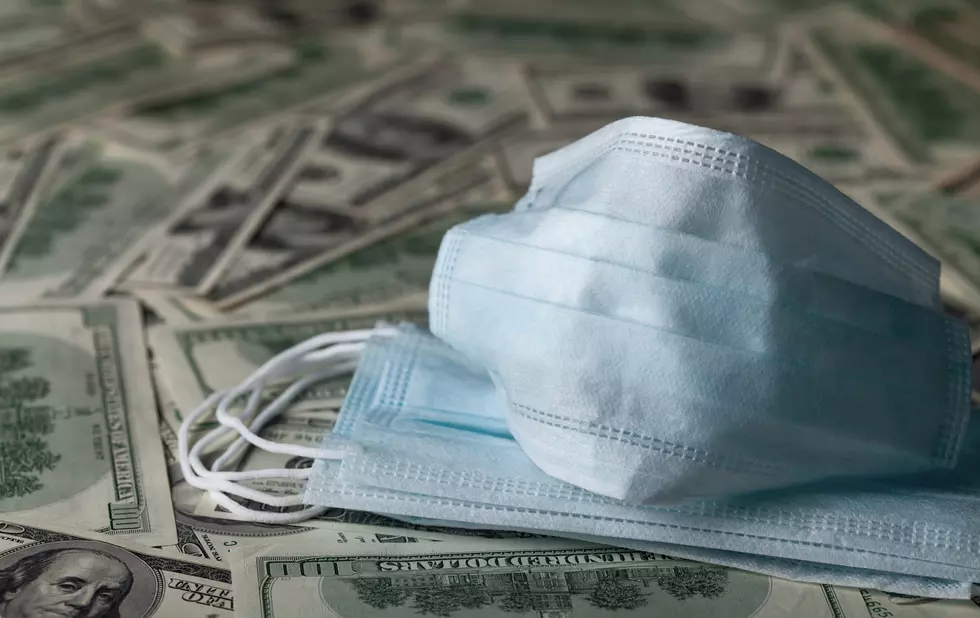
NJ urged to shift COVID-19 recovery from businesses to families
New Jersey's recovery process in the wake of COVID-19 has been too focused on businesses and not focused enough on individuals in need, according to advocates for the state's low and moderate income families.
During a Zoom press conference on Tuesday, representatives urged state lawmakers to prioritize families' needs as the state attempts to reopen. Participants highlighted several pieces of legislation that have either stalled, been put aside or gutted in the several weeks since the pandemic hit New Jersey.
"Too many New Jerseyans have fallen behind on mortgages, rent, car and credit card payments," said Dena Mottola Jaborska, associate director of New Jersey Citizen Action. "They've suffered negative credit reports and had cars repossessed while struggling to not only survive the pandemic but to keep up with the costs of necessities such as food, medicine and utilities."
On the Wednesday agenda for a legislative hearing is a measure that would significantly expand the personal property and value that's exempt from seizure during bankruptcy proceedings. The Senate bill, which has no Assembly companion, makes all household goods exempt from seizure, along with bank accounts holding less than $5,000. The bill also amends existing law to increase the threshold for seizing income.
"It would leave them with some money in their bank accounts so that they would not become destitute," said Beverly Brown Ruggia, financial justice organizer for New Jersey Citizen Action.
Noting utility shutoffs would pose significant threats to the well-being of New Jerseyans, advocates urged lawmakers to introduce legislation to extend and strengthen any shutoff moratoriums currently in place. As of now, all New Jersey gas, electric, Internet, phone, and water utilities have suspended service shutoffs, according to the Board of Public Utilities.
Residential evictions are currently off-limits in New Jersey as well. Unless Gov. Phil Murphy issues an executive order lifting this moratorium, it would last for another two months after Murphy declares an end to the health crisis.
Legislation that has passed an Assembly committee but "still faces major hurdles," according to advocates, would provide further housing protections once the state of emergency has been lifted.
"We've been challenging our legislators to get his bill to the governor's desk so that when the state of emergency is lifted, we don't see a wave of evictions hitting our court systems," said James Williams, director of racial justice policy for Fair Share Housing Center.
According to Williams, there were more than 600 eviction filings in Newark in the month of May alone. Williams said a $100 million short-term rental assistance program, set to benefit renters next month, "is not even close to enough money" to address assistance that will be needed.
Approximately 40% of families in New Jersey struggle to make ends meet, the groups noted — the vast majority are people of color. The Garden State also has the 9th-worst income gap in the nation between white and Black residents.
The press conference also touched on topics already addressed by New Jersey Citizen Action and other groups over separate Zoom events, including expanded healthcare coverage for children and emergency paid sick days.
In addition, the groups called on the state to establish a family recovery task force, which would focus primarily on those earning low and moderate income.
More from New Jersey 101.5:
How these NJ towns expanded outdoor dining
Contact reporter Dino Flammia at dino.flammia@townsquaremedia.com.
More From Beach Radio










